The following article is from a joint project between Tartu Nature House Estonia and FEE Norway. Nine kindergarten teachers from Estonia visited Norway recently and the topic for the study trip was how nature can be a classroom and Norwegian and Estonian teachers inspired each other. We are very proud to disseminate this collaboration and hope the network find it as inspiring as we do.
Cross-border collaboration in nature-based learning
Imagine a classroom where the forest floor is the carpet, the trees are the walls, and curiosity is the curriculum. Recently, nine Estonian educators traveled to Trondheim, Norway, to experience just that : nature as a living classroom.
The visit was part of an EEA project (support from the Bilateral Relations Fund of the European Economic Area and Norwegian Financial Mechanisms) through the Eco-Schools network, aimed at strengthening collaboration, increasing climate and environmental awareness, and promoting sustainable practices in early childhood education.
Learning from nature in Norwegian kindergartens
During the visit in Trondheim the Estonian and Norwegian educators exchanged experiences on how to engage even the youngest children with nature. They discussed, among other things, how bumblebees and small insects can spark a child's curiosity and lead to a deeper understanding of natural sciences.
To give the guests a hands-on experience of nature-based education, they visited two kindergartens in Trondheim: Kyvatnet Nature Kindergarten and Stabburet Kindergarten.
“In Norwegian kindergartens, nature itself is one of the teachers. It teaches naturally and year-round. Weather is no obstacle, and plans are never postponed because of it. Children are also allowed to take risks in a safe way through outdoor play. It seems that both Norwegian teachers and parents are braver in this area.”
— Terje Pankin, Tallinn Lehola Kindergarten
A holistic approach at Voll Farm
A highlight of the study tour was a visit to Voll Farm, an educational farm where kindergartens and schools in Trondheim learn about cultivation, farming, and sustainable agriculture.
Eivind from Voll Farm explained their holistic approach, which emphasizes the entire journey from soil to table. Children and students experience firsthand how food is grown and why sustainable practices matter. He also highlighted the important partnership with Trondheim Municipality, which ensures that children have access to the farm’s educational activities.
At Voll Farm, children meet a wide variety of animals: including pigs, cows, horses, chickens, goats, sheep, and turkeys. The farm also features large vegetable gardens, offering valuable lessons in food production and sustainability.
"Growing your own food contributes to a more sustainable future and strengthens the connection between people and the foundation of our existence,"
— Eivind, Voll Farm
Wild Pollinators
Certified bumblebee instructor Vigdis Solberg from Trondheim municipality gave an inspiring lecture about wild pollinating insects. Vigdis shared her experiences on how even very young children can get involved and excited about bumblebees.
Impressions Beyond Nature
In addition to learning about nature and outdoor education, the Estonian educators were surprised by the high number of male teachers working in Norwegian kindergartens.
"I was surprised by the proportion of male kindergarten teachers. We met male teachers and assistants both at the kindergartens and out in nature during a hike with the children."
— Maarja Mandri, Tartu Lotte Kindergarten
Esme Kassak from Tallinn Municipality also joined the study tour and reflected on the valuable insights gained.
"The study trip to Trondheim, and meeting with representatives from local authorities and educators, provided valuable insights into how environmental education can be offered through collaboration. It was very interesting to learn how the municipality provides resources such as courses, who is responsible, and why the system is so effective."
— Esme Kassak, Tallinn Urban Environment and Public Works Department
The Trondheim experience underscored a universal truth: when children connect with nature early, they become lifelong stewards of the environment. By sharing knowledge across borders, educators are planting the seeds for a more sustainable, resilient future.












